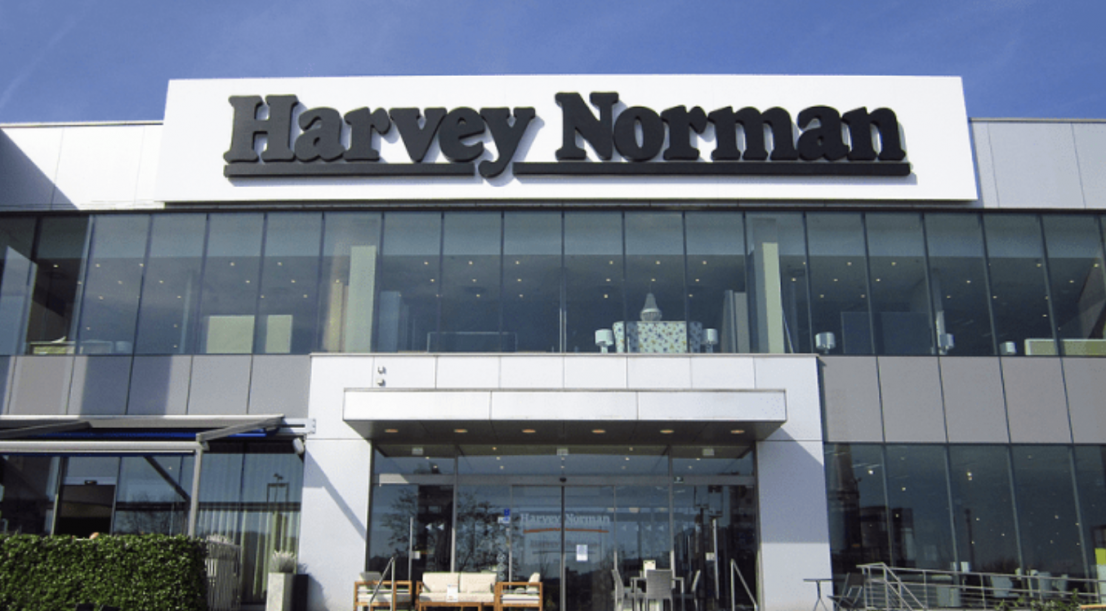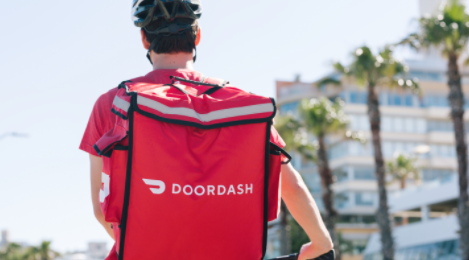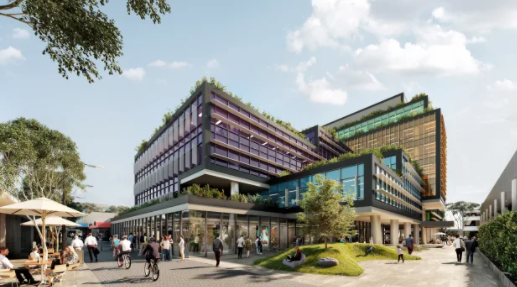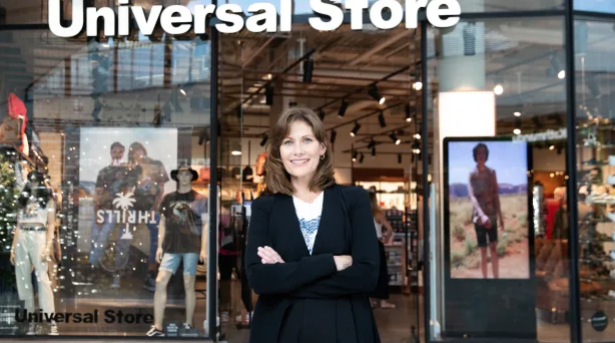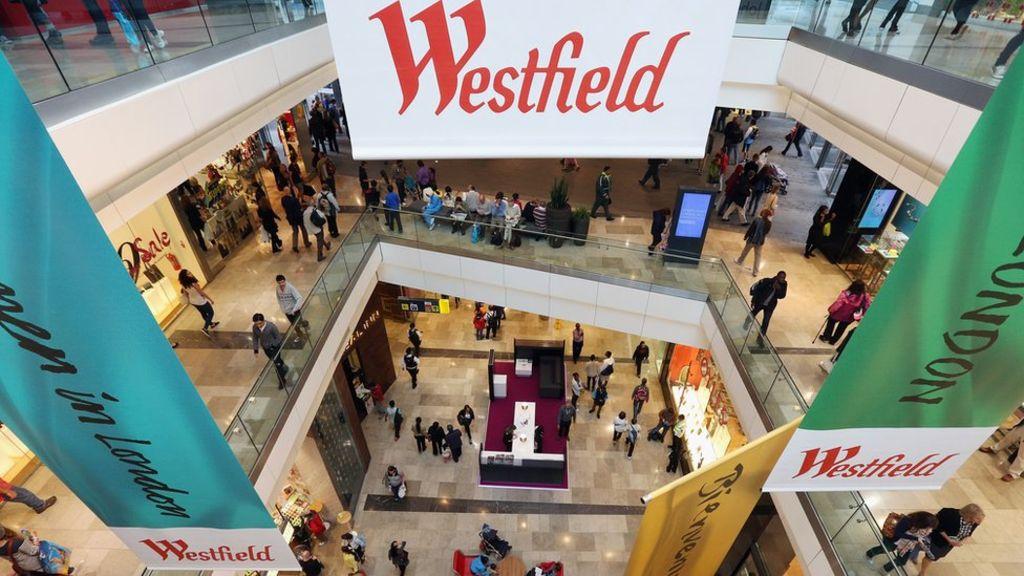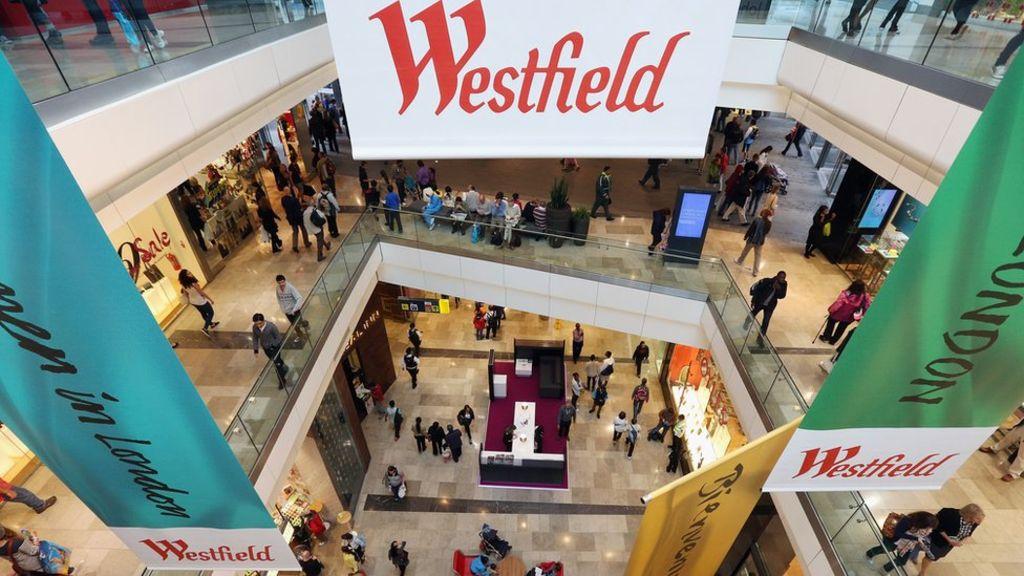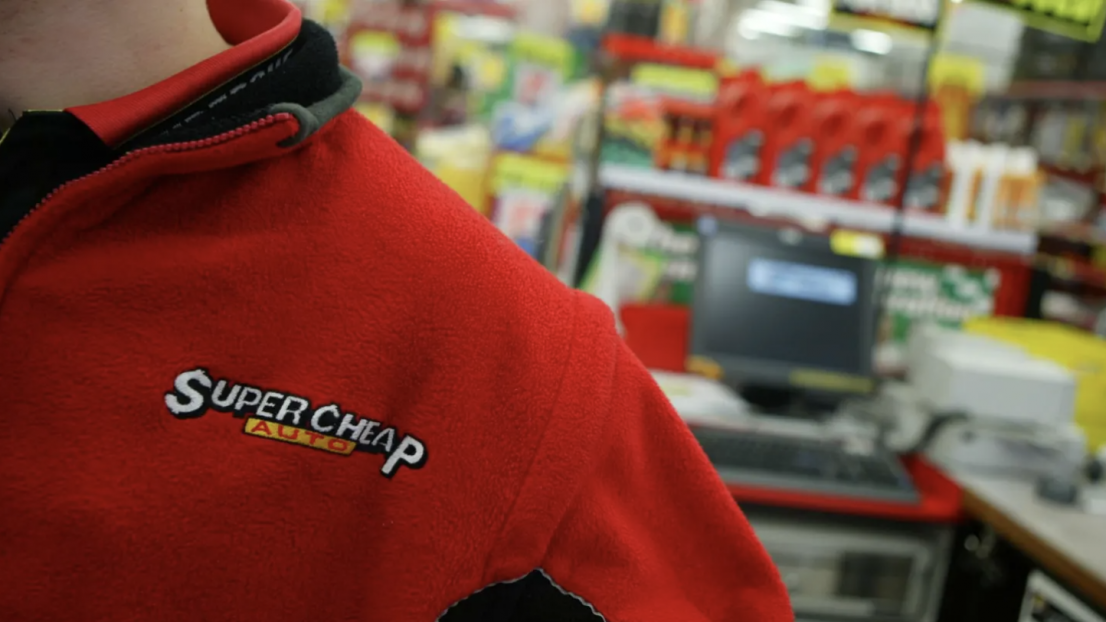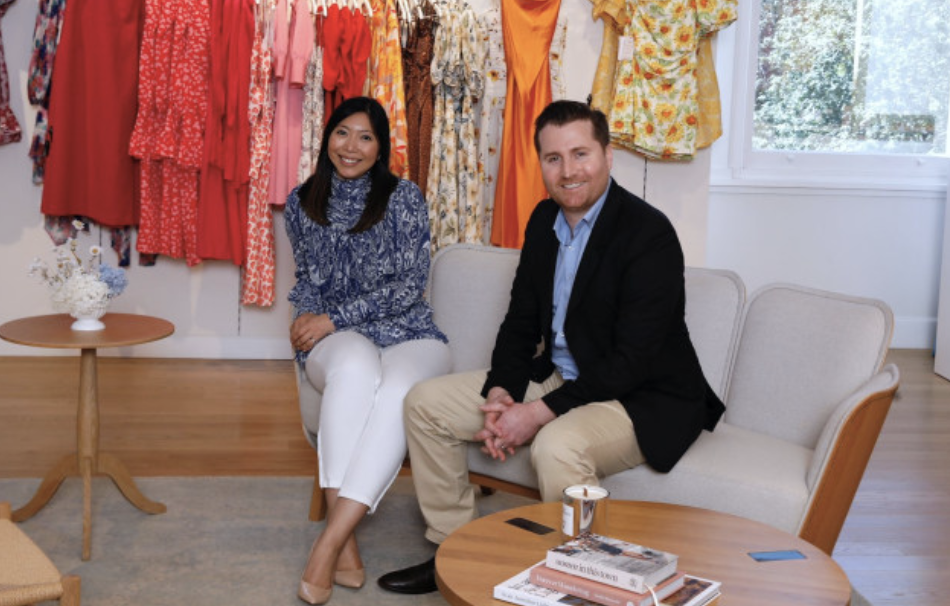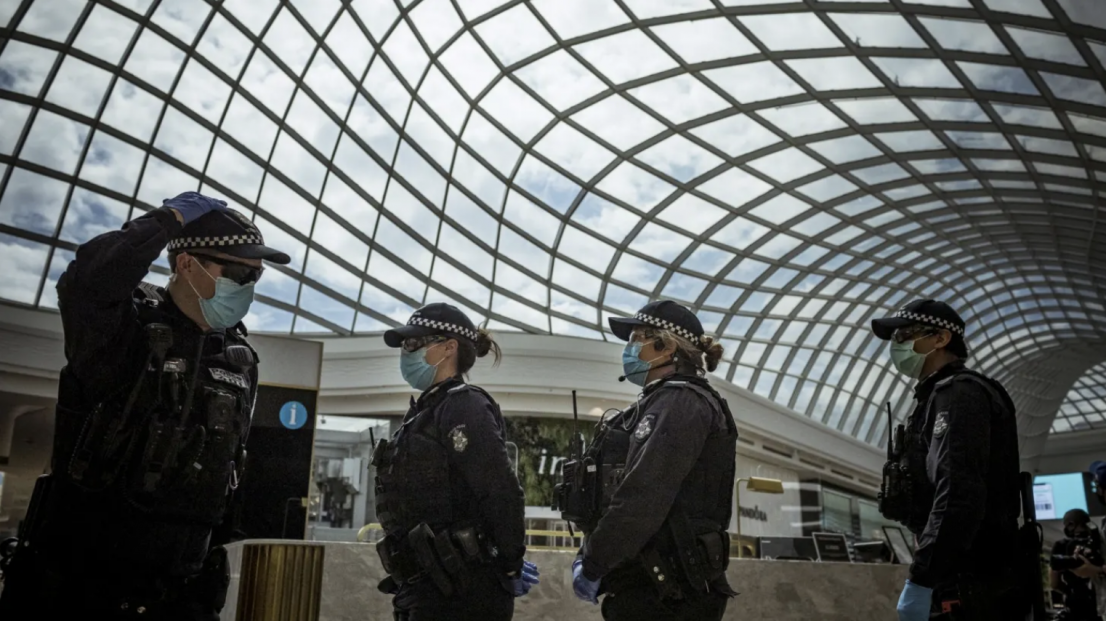
Near the end of a horror year marked by the coronavirus pandemic, Myer is facing more disruption after billionaire retailer Solomon Lew forced chairman Garry Hounsell to fall on his sword and called on the entire board to step down or be sacked.
Mr Hounsell resigned hours before the annual meeting on Thursday after Mr Lew's Premier Investments, which owns 10.8 per cent of the stock, and fund manager Geoff Wilson's Wilson Asset Management (WAM), which owns 7.8 per cent, indicated they would vote against his re-election.
Mr Hounsell's resignation was a major victory for Mr Lew, who has been attempting to take control of the board since Premier bought a 10.8 per cent stake at $1.15 a share three years ago. The shares have fallen to 22¢.
Unappeased, Mr Lew said Mr Hounsell's ousting was a signal to the entire Myer board – including chief executive John King – that its time was up and directors should step aside or face being kicked out at an extraordinary general meeting.
"Garry Hounsell’s resignation ahead of today’s Myer AGM is the 'green shoot' that Myer shareholders have long been waiting for," Mr Lew said.
Myer also suffered another strike against its remuneration report, with 33.6 per cent of shares voted against it. The retailer incurred a second strike against its remuneration report in 2018, but avoided a board spill, and narrowly avoided a third strike in 2019.
JoAnne Stephenson, a former KPMG partner who joined the board four years ago, has been appointed acting chairman while a global search takes place to find a new chairman.
This will now allow Myer to benefit from clear air following a challenging period for the company.
— Geoff Wilson, Wilson Asset Management
However, Mr Lew said a worldwide search was a waste of shareholders’ time and money and he would consult with other shareholders to put together a new board with a majority of independent directors and an independent chairman.
"Myer is an Australian icon and it requires a board with proven Australian retail credentials and commercial experience, including key skills in property, information technology, e-commerce and logistics," he said.
Premier will seek to have at least one representative on the board, in line with its holding. Mr Lew's previous "dream team" consisted of former Myer Grace Bros managing director Terry McCartney and former UBS banker Tim Antonie – both of whom are Premier Investments non-executive directors –as well as Stephen Sewell, the former CEO of shopping centre owner Federation Centres.
The question now is whether Mr King and other directors will resign or whether Mr Lew will have to call an EGM and rally enough shareholder support for a board spill.
Mr Wilson said he did not support Mr Hounsell's re-election because Myer needed a circuit breaker but dismissed suggestions he too had lost faith in Mr King. WAM had no current plans to support an EGM.
"We are supportive of the Myer management team," he said. "We voted for the REM report and the granting of performance rights for Mr King."
Mr Wilson, who recently called on the retailer to shrink its board and directors fees, has been a vocal supporter of Myer in the past and had teamed up with former shareholder Investors Mutual to thwart Mr Lew's attempts to roll the Myer board in 2018. However, he had second thoughts about Mr Hounsell's re-election.
"This will now allow Myer to benefit from clear air following a challenging period for the company," he said.
Ms Stephenson said Mr Lew's campaign would be damaging for customers, the Myer brand and shareholders – "what Myer needs now more than ever is stability".
Myer shares fell 6 per cent to 22.5¢, suggesting that shareholders believe the retailer is facing yet another period of disruption.
Ms Stephenson said it was essential that Mr King and the management team were able to focus on the business during the peak trading period between Black Friday and the January stocktake sale.
Mr King defended his Customer First turnaround plan, saying it was the right plan but needed to be accelerated, re-sequenced and expanded to enable Myer to capitalise on opportunities in a COVID-normal world.
Myer was in new talks with landlords to reduce floor space by at least another 60,000 square metres after locking in similar reductions. About 21 stores could close over the next eight years.
Mr King said Myer was well-stocked for Christmas and its online business continued to grow strongly after jumping almost 90 per cent in the July-half. Online sales had grown even faster since July and he said they would soon be a $1 billion business.
He also dismissed reports that Myer had $340 million of net debt and risked going into administration, saying it was net cash positive, and a $340 million financing facility was an overdraft to meet its funding needs during peak trading periods.
"We believe the business is on the right footing for a new COVID-normal retail world."
Several shareholders at the AGM asked why Myer was not prepared to work with Mr Lew and Premier, and tap their expertise.
Ms Stephenson said the board was prepared to work constructively with shareholders when there was a positive intent to create value for them.
